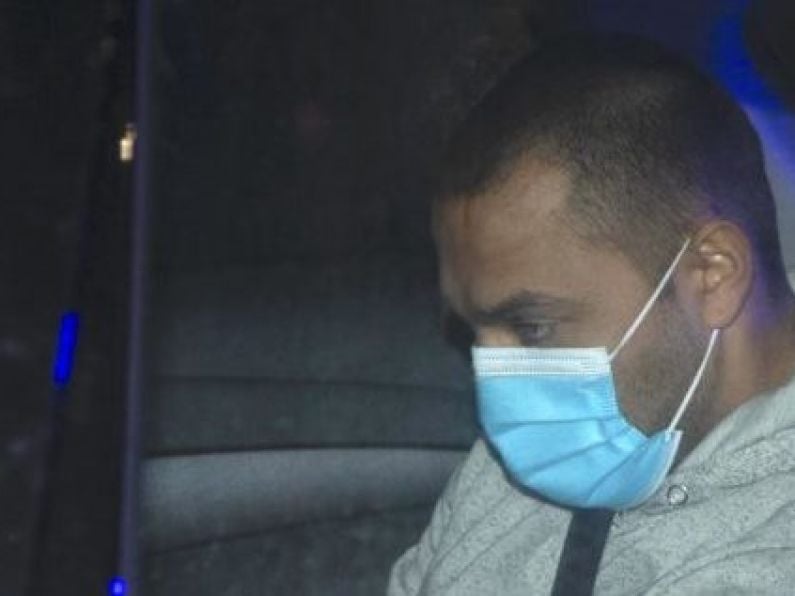Additional reporting by Vivienne Clarke
An immunology professor says there’s a case to be made for booster Covid vaccines for a larger section of the population.
It comes as a study in the Lancet Journal found the Pfizer jab’s effectiveness fell from 88 percent to 47 percent in six months.
The European Medicines Agency yesterday approved the use of boosters in healthy adults, that advice is now being examined by regulators here in Ireland.
Trinity College Dublin Immunology Professor Kingston Mills says it raises questions about possibly expanding the programme:
"Initially the Irish authorities are going to give it to the over 80s and the over 65s in nursing homes, and people with underlying medical conditions.
"But I think now there's a case to be made for boosting individuals, maybe over the age of 60, or perhaps over 65."
It's as another professor has said there is some evidence that the Delta variant of the coronavirus “may be as bad as it's going to get,”
On Tuesday morning, Professor Luke O'Neill said there is “some hope Delta may be the last throw of the dice for the virus”.
Prof O'Neill also suggested that Covid-19 vaccines may ultimately require three shots to ensure people are fully protected for the long term.
At present, healthy people under the age of 60 do not need a Covid-19 booster vaccine but that could change within the next six months, he said.
Responding to a report in the Lancet medical journal following a study of 3.4 million people, which showed the Pfizer vaccine’s effectiveness in preventing hospitalisation and death remained high at 90 per cent for at least six months, Prof O’Neill said that the message was that the vaccine was “holding firmly” against the Delta variant.
Vaccine 'holding firm'
The data from the report published on Monday found that effectiveness of the Pfizer/BioNTech SE vaccine in preventing infection dropped to 47 per cent from 88 per cent six months after the second dose.
Vaccine effectiveness against the Delta variant was 93 per cent after the first month, declining to 53 per cent after four months. Against other coronavirus variants, efficacy declined to 67 per cent from 97 per cent.
The data suggests that the drop is due to waning efficacy, rather than more contagious variants, researchers said.
Prof O'Neill said there was still high protection against hospitalisation. “The vaccine is holding firmly against Delta is the message,” he said.
It may turn out that we need three shots to be fully protected
Healthy people under 60 needing a booster “may change when it gets to nine months out or 12 months, then that might be slightly different,” he said.
“That's why the EMA (European Medicines Agency) have said just in case, anybody over 18 might be given a booster — each government is given the job itself to decide what to do with the EMA guideline.”
If there was evidence of increased risk in six months' time “then you may start giving a booster — it may well become a three shot vaccine, finally,” Prof O'Neill said.
“The Hep C vaccine is three shots, some vaccines are three shots, it may turn out that we need three shots to be fully protected.”
It comes as European Union nations — including Ireland, Italy, France and Germany — are already rolling out a patchwork of diverging campaigns for an extra Covid-19 shot.






